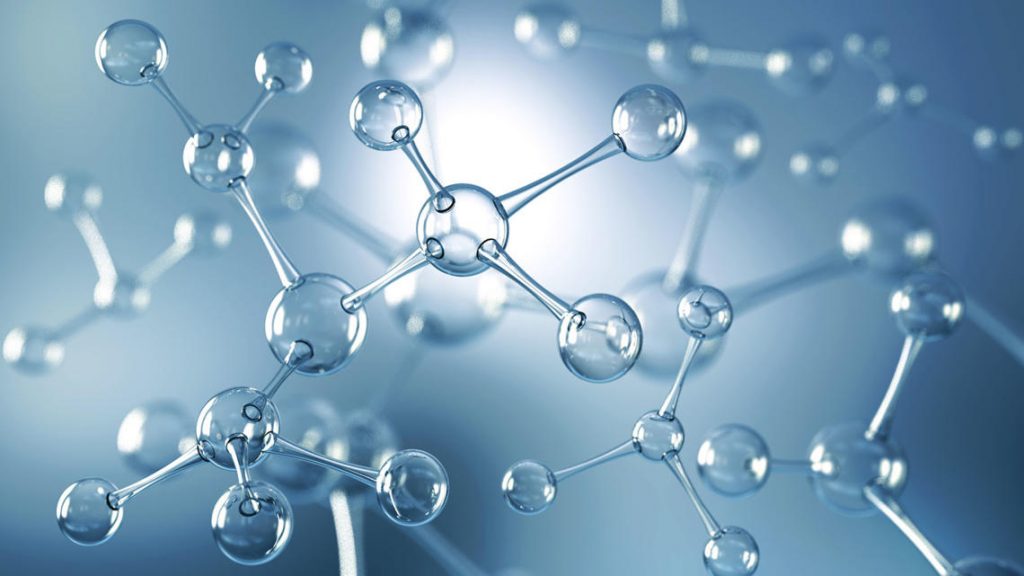The Impact of Hydration on Histamine Levels: Exploring the Relationship between Drinking Water and Histamine Reduction

Histamine is a chemical compound that plays a crucial role in the body's immune response. It is involved in various physiological processes and can also be responsible for allergic reactions. Many individuals suffer from histamine intolerance, which occurs when the body is unable to break down histamine efficiently. This intolerance can lead to a range of symptoms, including headaches, hives, and digestive issues. In recent years, there has been growing interest in the potential of drinking water to reduce histamine levels in the body. In this article, we will explore the relationship between drinking water and histamine reduction, examining the scientific evidence and its implications for individuals with histamine intolerance.
- The Role of Hydration in Histamine Regulation:
Proper hydration is essential for maintaining overall health and well-being. Water is involved in numerous physiological processes, including the regulation of histamine levels. Studies have shown that dehydration can lead to an increase in histamine production, potentially exacerbating symptoms in individuals with histamine intolerance. By staying adequately hydrated, individuals may be able to support their body's natural histamine regulation mechanisms. - Water Quality and Histamine Levels:
The quality of the water we consume can also impact histamine levels in the body. Contaminants such as heavy metals, pesticides, and microbial agents can trigger an immune response, leading to the release of histamine. Therefore, it is important to ensure that the water we drink is clean and free from harmful substances. Investing in a reliable water filtration system or consuming filtered water can help minimize the intake of histamine-triggering contaminants. - The Importance of Electrolyte Balance:
Electrolytes, such as sodium, potassium, and magnesium, play a crucial role in maintaining proper hydration and histamine regulation. Imbalances in electrolyte levels can disrupt the body's ability to break down histamine efficiently. Ensuring an adequate intake of electrolytes through a balanced diet or electrolyte-rich beverages can support histamine reduction efforts. - Other Hydration Strategies to Reduce Histamine:
In addition to drinking water, certain beverages and foods may have a positive impact on histamine levels. Herbal teas, such as chamomile or nettle tea, have been traditionally used for their anti-inflammatory properties and may help reduce histamine-related symptoms. Consuming water-rich fruits and vegetables, such as cucumbers and watermelons, can also contribute to overall hydration and potentially aid in histamine regulation.
Conclusion:
While drinking water alone may not directly reduce histamine levels, maintaining proper hydration is crucial for supporting the body's natural histamine regulation mechanisms. By ensuring adequate hydration, consuming clean and filtered water, and maintaining electrolyte balance, individuals with histamine intolerance may experience a reduction in symptoms. It is important to consult with a healthcare professional for personalized advice and to explore a comprehensive approach to managing histamine intolerance.